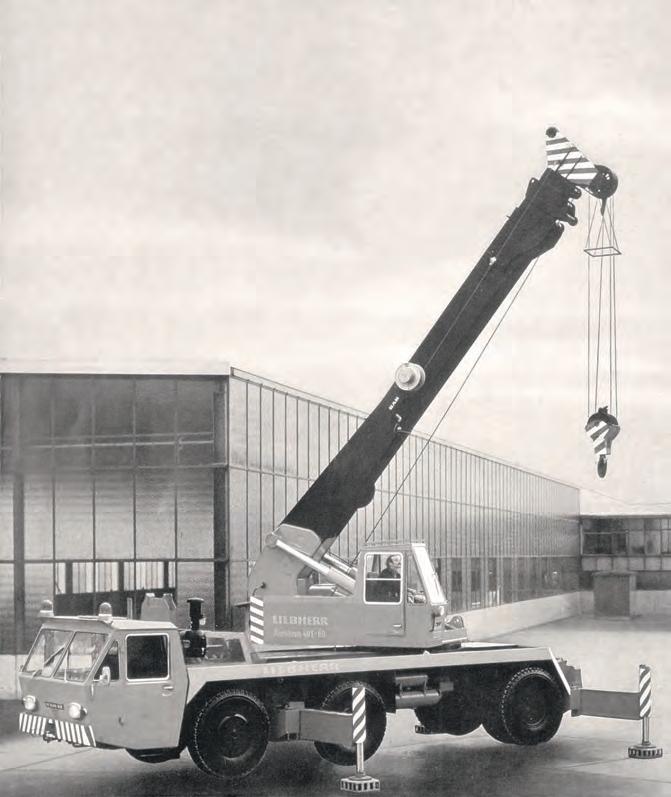CICA RETURN OF DELEGATIONS
RETURN OF DELEGATIONS: WHAT IT MEANS TO THE CRANE SECTOR Return of Delegations is a project currently being led by the National Heavy Vehicle Regulator (NHVR), supported by Roads and Maritime Services (RMS) and The Crane Industry Council of Australia (CICA). IN 2014, THE NHVR WERE NOT ABLE to issue permits in the timeframes expected by industry. In order to meet industry expectations, the NHVR “returned” responsibility for class 1 permit delegations back to the jurisdictions and the jurisdictions made decisions about access to facilitate permit approvals; however, it was always intended that the regulator find a better way to manage this process. NHVR have established a national project team to deliver the return, as the work has been completed in South Australia, Australian Capital Territory, Tasmania and Victoria. New South Wales and Queensland are scheduled for completion this year and work is well underway. Under the National Heavy Vehicle law (NHVRL), the NHVR have separated cranes from the other Class 1 Vehicles and will “return” only this part of the road process. The remaining vehicle types will be returned separately. Now that the national project has been established, the NHVR are going through jurisdiction by jurisdiction to facilitate the return, which in many ways is a case of “back to the future”. “At the current time, if I’m a crane owner in NSW and I want to apply for a permit for state owned roads I can go to RMS, fill out the paper work and they’ll review the request and if approved will issue a permit,” said Nick Gralton Senior Policy Advisor, National Heavy Vehicle Regulator. “If my route involves use of a local government road, I’d have to contact 26 / CAL May 2019
them separately and pay each road manager for an access permit. When the return of delegations is complete, I will have to apply for access through the NHVR portal for a single fee. The NHVR will then contact each one of the jurisdictions, including local governments and ask them for approval. They’ll consolidate that information and come back and give me the permit, or not,” he said. This is a more streamlined process, and while it may appear a substantial change, it has always been a requirement for road access to get approval from all effected road managers. “If I ask for a permit that requires use of a local government road to access the RMS network and a local government NVHR have established a national project team to deliver the return of responsibility for the class 1 permit delegations back to the jurisdictions.
road for the ‘last kilometre’ all three road managers will be consulted prior to the granting of a permit. If RMS give approval but either council don’t, I don’t get a permit. So, it’s a big deal,” said Gralton. CICA has been gathering data on crane permits and movements to quantify the size of the issue. CICA has also been working to prepare both crane owners and local governments for the changes that are coming. Initial reports indicate that the number of permits that require assessment from local governments will increase, and it is clear that a large amount of work is required to educate local government engineers in preparation for the return. “As part of the risk mitigation strategy, NHVR, RMS and CICA are














